Wesley L. Fox was a decorated United States Marine Corps officer whose career spanned 43 years, encompassing service in both the Korean and Vietnam Wars. Born on September 30, 1931, Fox's journey was marked by selfless bravery, earning him the Medal of Honor for his valor during the Vietnam War. Known as one of the Marine Corps' legendary figures, Fox’s legacy is not just in his battlefield heroics but also in his influence as a mentor, author, and leader within the Corps and beyond.

Early Life and Struggles: Wesley Lee Fox was born on a farm outside of Herndon, Virginia, as the oldest of ten siblings. Raised during the Great Depression, Fox faced the challenges of rural life and the hardships of growing up in a large family. He left Warren County High School in Front Royal, Virginia, after eighth grade, choosing instead to focus on farming. Yet, as he watched family members serve in World War II, a spark ignited within him, planting the seeds for his future military career.
Military Enlistment and Heroics: Fox enlisted in the Marine Corps on August 4, 1950, shortly before his 19th birthday, intending only to serve a four-year term before returning to farm life. However, the outbreak of the Korean War soon changed his plans. After completing basic training, Fox was sent to Korea in early 1951. Promoted to corporal, he displayed remarkable courage, sustaining injuries that required medical treatment back in the United States. He returned to service, earning the Bronze Star for his bravery.
Following the Korean War, Fox re-enlisted, serving multiple tours in Asia, the United States, and Europe, including duty as a drill instructor and recruiter. His extensive experience prepared him well for his next major conflict—the Vietnam War.
Defining Moment: Heroism in Vietnam. Fox’s defining moment came on February 22, 1969, during Operation Dewey Canyon in Quang Tri Province, Vietnam. As a first lieutenant commanding Company A, 1st Battalion, 9th Marines, Fox faced an intense enemy assault. Despite being wounded, he took immediate action, neutralizing enemy positions, organizing air support, and rallying his men after the loss of his executive officer. Wounded a second time, he continued to direct his troops, refusing medical attention until his men were safe. His courageous actions, which saved many lives, earned him the Medal of Honor in 1971, presented by President Richard Nixon.
Post-War Life and Career: After Vietnam, Fox continued to serve in critical roles, instructing tactics at the Marine Corps’ Amphibious Warfare School and mentoring young Marines as a training officer. He held numerous leadership positions across the United States and abroad, eventually rising to the rank of colonel. Fox’s final active-duty role was as commanding officer of the Marine Officer Candidate School, where he trained future leaders of the Corps.
Upon his retirement in 1993, Fox continued to serve the next generation of military leaders as the deputy commandant for the Virginia Tech Corps of Cadets. In this role, he shared his wealth of experience, helping to shape the character and leadership skills of young cadets for eight years.
Military Awards and Decorations: Throughout his storied career, Fox received numerous awards and decorations for his valor and service, including:
- Medal of Honor: Awarded for his actions in Vietnam.
- Legion of Merit (with Gold Star)
- Bronze Star Medal (with Combat "V")
- Purple Heart (with three Gold Stars)
- Meritorious Service Medal
- Joint Service Commendation Medal
Fox’s decorations highlight the breadth of his contributions and the respect he earned within the Marine Corps and across the military.
Wesley L. Fox dedicated his life to the United States Marine Corps, embodying the courage, resilience, and dedication that define the Marines. His Medal of Honor citation is a testament to his bravery, but his influence extended far beyond the battlefield. Through his leadership roles, writings, and mentorship at Virginia Tech, Fox left an indelible mark on military leadership and inspired generations of Marines and cadets. His life serves as a lasting example of selflessness, courage, and unwavering commitment to his country.
